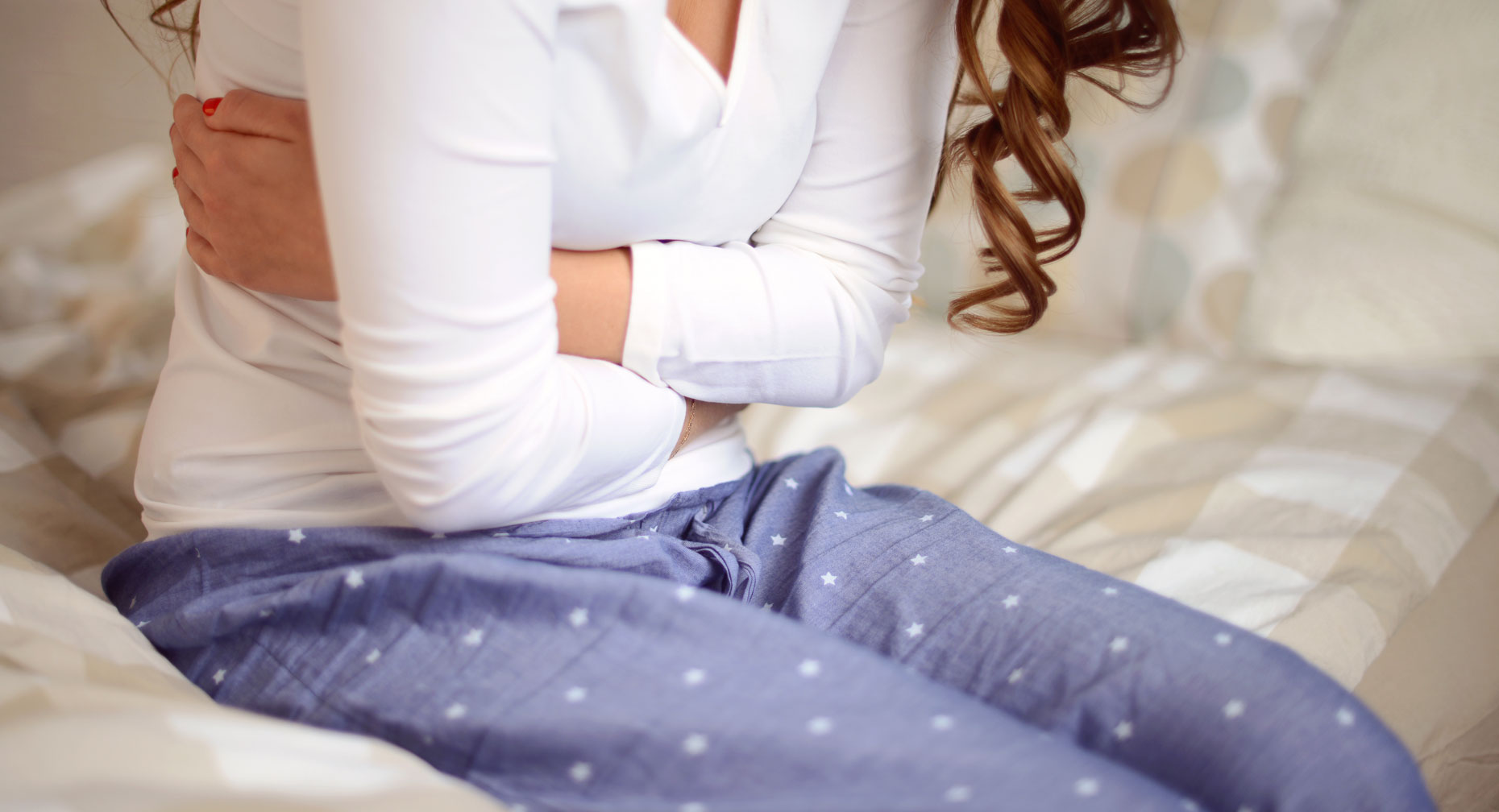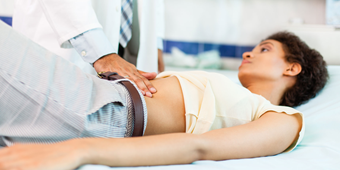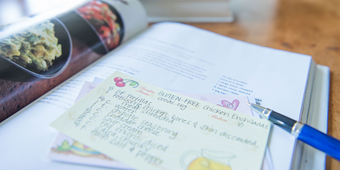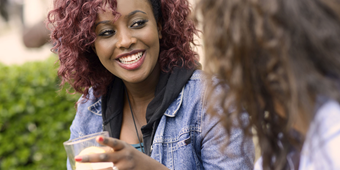Diverticulosis and Diverticulitis: What’s the Difference?

Answer a few questions and we'll provide you with a list of primary care providers that best fit your needs.
Chances are, you don’t think much about your digestive tract — unless it’s giving you trouble.
A condition called diverticulosis, which is not uncommon for women over 50 (though men are at greater risk), can lead to trouble. With this condition, small pouches — diverticula — form in the colon (or intestinal) wall. And this can increase your risk of a painful bout of diverticulitis — an infection or inflammation of the pouches.
The good news? Only a small number of people with diverticulosis have diverticulitis. Learn more about the link between the two, and what you can do when symptoms signal that something is wrong.
What Causes Diverticulitis and Diverticulosis?
Experts don’t know for sure what causes these conditions, but several factors may play a role:
- High pressure in the colon: Muscle spasms in the colon or straining to have a bowel movement may cause bulges to form at weak spots.
- Family history: The genes you inherit may make you more likely to develop diverticulosis and diverticulitis.
- Medications: Studies have uncovered connections between these digestive conditions and some medicines, including nonsteroidal anti-inflammatory drugs (NSAIDs) like aspirin.
- Lifestyle: Lack of exercise, obesity and smoking may also contribute.
What Are the Symptoms?
Diverticulosis: Most people with diverticulosis don’t even know they have it. But if you do have symptoms, they may include:
- Bloating
- Constipation
Cramping or pain in your lower abdomen
Diverticulitis: With diverticulitis, the inflamed pouches typically trigger pain in the lower left side of your abdomen. The pain is often severe and comes on suddenly. Other symptoms include:
- Constipation or diarrhea
- Fevers and chills
- Nausea or vomiting
See your doctor right away if you are troubled by any of these symptoms.
With diverticulitis, the inflamed pouches typically trigger pain in the lower left side of your abdomen. The pain is often severe and comes on suddenly.
How Are Diverticulitis and Diverticulosis Diagnosed?

If your health care provider believes you have one or both conditions, based on your symptoms, she may make her diagnosis using the following:
- Medical history: Your doctor will ask about your bowel movement frequency, diet, overall health, what medicines you take and what symptoms you are experiencing.
- Physical exam: Your doctor will perform an exam, which may include a digital rectal exam, when she slides a gloved, lubricated finger into your anus to check for pain, bleeding, hemorrhoids or other problems.
Your doctor may also use one of these tests:
- CT scan: This uses computer technology to combine multiple X-rays into a detailed image of your gastrointestinal (GI) tract.
- Barium enema: A chalky, liquid solution of barium sulfate, introduced by enema, coats the large intestine to help provide clear X-ray images of your large intestine. This procedure is also called a lower GI series.
- Colonoscopy: Using a thin, flexible tube with a tiny camera on the end, this test provides a look inside your rectum and colon.
How Are Diverticulitis and Diverticulosis Treated?
Diverticulosis: With the goal of preventing bothersome symptoms or more serious problems like diverticulitis, these can help:
- High-fiber diet: Foods rich in fiber can help you avoid symptoms if you already have the condition. Increase fiber in your diet slowly to decrease the chances of abdominal gas and pain.
- Medicines: Mesalazine (Asacol) and the antibiotic rifaximin (Xifaxan) may help reduce symptoms.
- Probiotics: Probiotics are healthy bacteria, like those that naturally live in your stomach and intestines. You can find them in dietary supplements and in foods like yogurt. Talk with your doctor or health care provider first about using these or any alternative medicines.
Diverticulitis: Treatment will depend on your symptoms.
- Mild symptoms: You may be put on a liquid diet for a short time. Antibiotics are often prescribed. If these help, your doctor may put you on a high-fiber diet.
- Severe symptoms: You may be admitted to the hospital, where you can be given intravenous (IV) antibiotics and fluids. You will also be put on a low-fiber or liquid diet. In rare cases, surgery may be needed.
Answer a few questions and we'll provide you with a list of primary care providers that best fit your needs.
Source: National Institutes of Health; American College of Gastroenterology; International Foundation for Functional Gastrointestinal Orders




